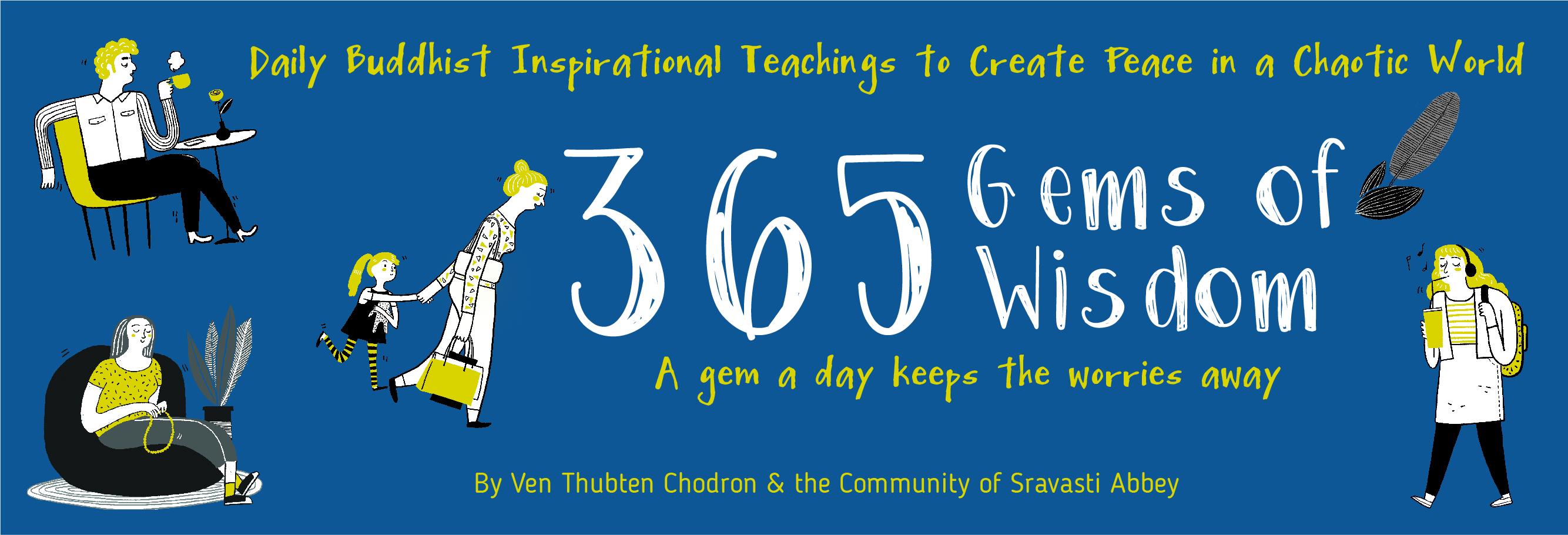September 26 : Encouraging Ethical Behavior
We all make mistakes. We can have remorse or regret for our mistakes, and then we make amends. When something is going on between two people, it does not matter who started it. I remember when I was a kid, whenever I quarrelled with my brother, my defense against getting blamed by my parents was, “HE started it!” But it never worked because it does not matter who started it, or what the story is. What is important is what your response is. Somebody can tear you to bits, but our responsibility is how we respond. Do we respond by getting angry, throwing something at the person, shouting and screaming? We must be responsible for our behaviour regardless of what the other person did to trigger it because we make ourselves victims by blaming other people. That means, “I have no free will, every way I act, everything I feel is dictated by other people.”
We dig ourselves into a pit and make ourselves into victims. It is no wonder we are unhappy. What the other person did is not part of your thing. You have to be concerned with what YOU did.
The action that we have remorse for can be repaired by good behaviour. We take responsibility for what we did, we apologise, we do something kind, and we repair the relationship. It does not matter whether the other person apologises to us or not. Our business is to clean up our side by apologising for what we did or forgiving people. It is the same way with our precepts. My precepts are my business, and I am not looking at how everybody else is doing while being totally ignorant of whether I am keeping my precepts or not. Of course, if somebody does something outrageous, then we should go and talk to them and bring it up. But our primary thing is mindfulness and introspective awareness of oneself.
You can see how the feeling of remorse is very healing because it allows us to own up our actions, regret them, empathise with the other person, and then want to do something to repair the relationship. In contrast, a person who feels shame backs away from the incident, does not engage, and sits there feeling awful. If we ever feel shame, remember that is not a helpful attitude, it is a wrong conception, and shift our mind into regret and remorse. A practice like Vajrasattva helps us to overcome shame by seeing that shame was the response of a child who did not know how to think properly and that we do not need to stay stuck in that. The action was inappropriate, but that does not mean I am a bad person; we purify and then let it go.
“365 Gems of Wisdom” e-book is out now!

